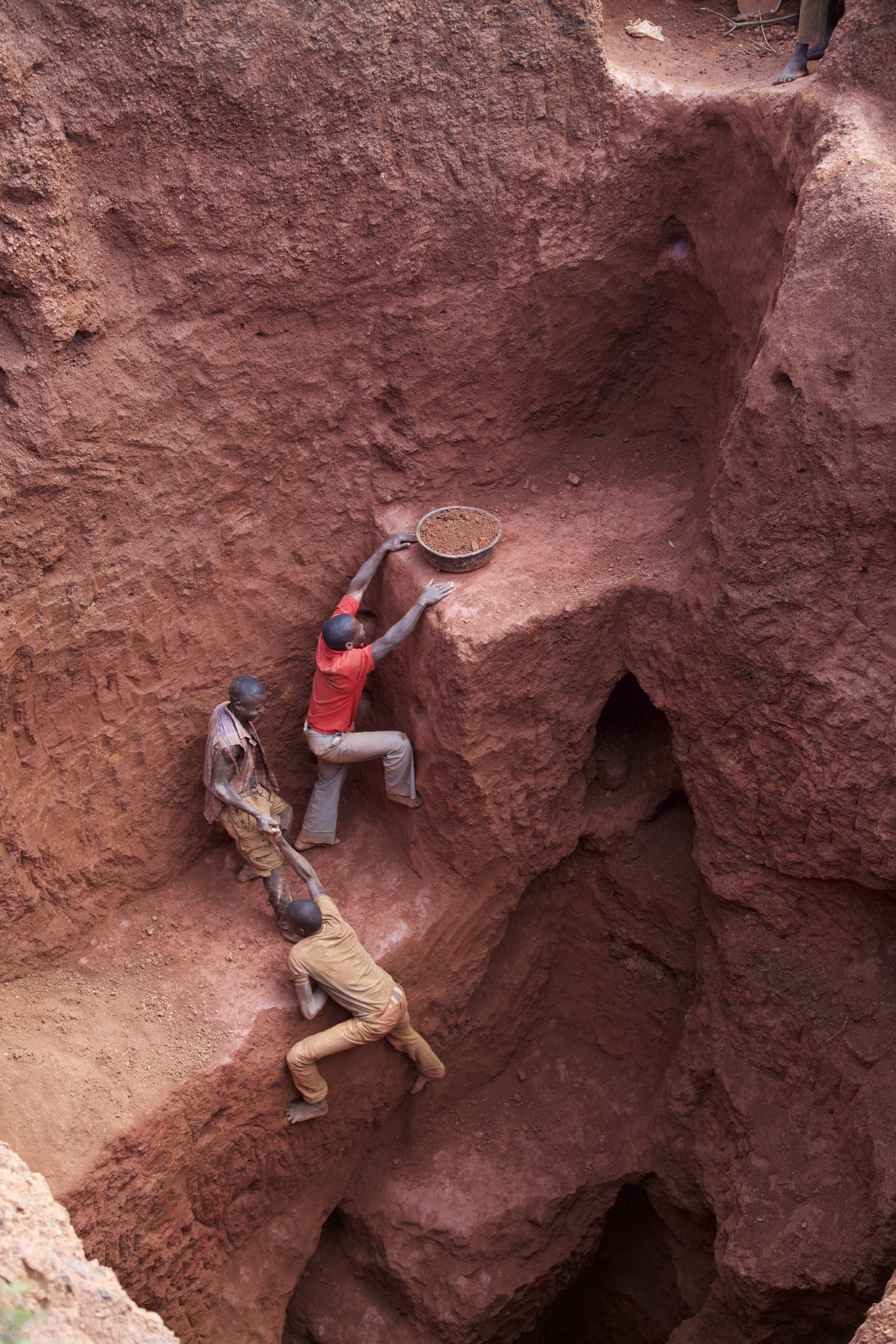Syanyonja Artisan Miners’ Alliance (SAMA) in Uganda has become the first artisanal small scale mining co-operative in Africa to become Fairtrade certified.
The certification brings “much needed hope to impoverished communities” who risk their lives to mine the rich gold seam that runs around Lake Victoria, says Fairtrade.
SAMA is one of nine previously informal groups from East Africa to have benefitted from a pilot project launched by Fairtrade in 2013, which aimed to extend the benefits of Fairtrade gold to artisanal miners in the region.
Over the last three years, SAMA members have undergone training in business and entrepreneurship, as well as labour rights, better working conditions, health and safety and more. The co-operative produces just 5 kg gold per year, but has the potential to significantly benefit many people in the local community through better conditions and the Fairtrade Premium.
Fairtrade, along with other ethical jewellery organisations such as Cred Jewellery, will support the miners so their gold can be refined and made available to jewellers in the UK and other markets.
“This is a truly momentous and historical achievement and the realisation of a dream that is many years in the making,” said Gonzaga Mungai, gold manager at Fairtrade Africa.
“Gold production is an important source of income for people in rural economies. Congratulations to SAMA, it sets a precedent which shows that if groups like this can achieve certification, then it can work for others right across the African continent.”

Artisanal smallscale mining is the second biggest employer in Africa after agriculture, but is also one of the world’s most dangerous industries. Exploitation is rife, and miners earn as little as $1 per day, often becoming indebted to their dealer. The lack of monitoring systems for the production and trade of the minerals leads to transactions via illegal comptoirs and clandestine export to neighbouring countries.
Fairtrade gold was first launched in 2011, and SAMA now joins Fairtrade certified gold mines MACDESA, AURELSA and SOTRAMI in Peru. The Fairtrade Gold Standard encourages better practice and changes to come in line with international regulation around the production and trade of so-called ‘conflict minerals’. Under the Standard, miners are required to:
• Uphold a human rights policy preventing war crimes, bribery, money laundering and child labour
• Clearly represent where the minerals were mined
• Minimise the risks of conflict minerals through robust risk assessments and collaboration across supply chains
• Report to buyers and trading partners regarding the risks of conflict minerals
“Sourcing African metals from smallscale miners in the Great Lakes Region is the responsible thing to do,” added Mr Mungai.
“For a long time companies have avoided buying gold from this region, with devastating consequences for impoverished communities who were already struggling. It has driven trade deeper underground, as unscrupulous buyers pay lower prices and launder illegal gold into legitimate supply chains. That’s why we have chosen to work with these groups to help them earn more from their gold within a robust compliance system that offers social, environmental, and economic protections.”
Now in its second phase, the initiative will focus on supporting other mining groups in the region, through access to affordable loans and exploring a phased approach to accessing the Fairtrade market, allowing more mining co-operatives across Africa to participate in the programme.

